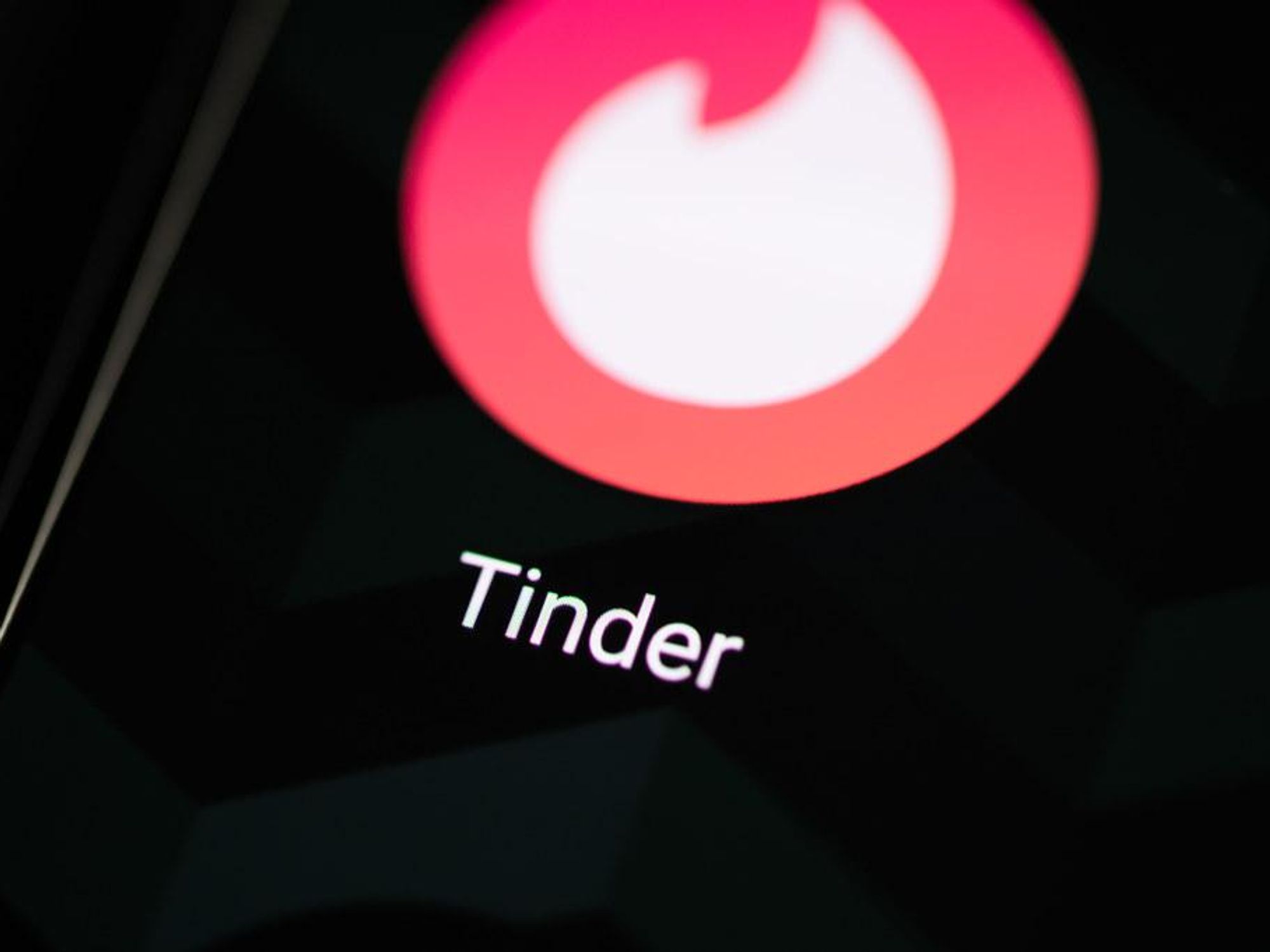Tinder Is Bringing Back the 'Blind Date' Via New App Feature
Decerry Donato is a reporter at dot.LA. Prior to that, she was an editorial fellow at the company. Decerry received her bachelor's degree in literary journalism from the University of California, Irvine. She continues to write stories to inform the community about issues or events that take place in the L.A. area. On the weekends, she can be found hiking in the Angeles National forest or sifting through racks at your local thrift store.

The West Hollywood-born dating app has added a new virtual “Blind Date” feature to its platform, which matches singles via their preferences and puts them into a chat before giving them access to each other’s profiles. Both parties will then only be able to view each other’s profiles and photos if they both decide to match after chatting.
“There's something really special about letting conversation introduce someone’s personality, without the preconceptions that can be made from photos,” Tinder’s vice president of product innovation, Kyle Miller, said in a press release. “The new Blind Date experience brings a surprisingly fun, banter-based way to interact and create connections that’s all new to Tinder.”
The irony, of course, is that modern dating apps like Tinder, Bumble and Hinge have encouraged users to match with others based on how attractive they find other members' profile photos. Tinder said the “Blind Date” feature is meant to provide “a low-pressure way [for daters] to put their personality first and find a match they truly vibe with.” It added that the feature also “reflects the modern dating habits of Gen Z, who value authenticity, and also taps into their ‘90s nostalgia with a callback to dating in the pre-smartphone world.”
Since birthing Tinder and Bumble, the Los Angeles startup ecosystem has given rise to other dating apps like the audio-driven Heart to Heart and Kippo, a dating app for gamers that allows users to go on virtual dates.
- Tinder is Booming During the Coronavirus Quarantine - dot.LA ›
- Lolly, a TikTok-Style Dating App, Goes After Tinder - dot.LA ›
- Tinder Founders Settle Case Against Match for $441 Million - dot.LA ›
- L.A. Dating Hyperlocal App Is Launching in Los Angeles - dot.LA ›
- L.A. Dating Hyperlocal App Is Launching in Los Angeles - dot.LA ›
- Hinge Tests $60 Premium Subscription, WIll Gen Z Pay? - dot.LA ›
Decerry Donato is a reporter at dot.LA. Prior to that, she was an editorial fellow at the company. Decerry received her bachelor's degree in literary journalism from the University of California, Irvine. She continues to write stories to inform the community about issues or events that take place in the L.A. area. On the weekends, she can be found hiking in the Angeles National forest or sifting through racks at your local thrift store.




 Image Source: Tinder
Image Source: Tinder Image Source: Apple
Image Source: Apple